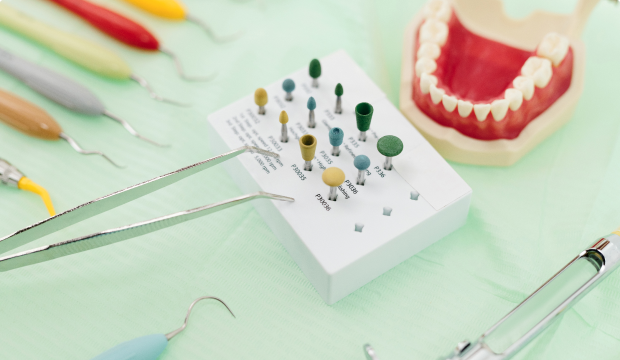
Cosmetic Dentistry in Sacramento: Transform Your Smile Today with Expert Care Cosmetic dentistry in Sacramento offers transformative treatments that rebuild...

Cosmetic Dentistry in Sacramento: Transform Your Smile Today with Expert Care Cosmetic dentistry in Sacramento offers transformative treatments that rebuild...
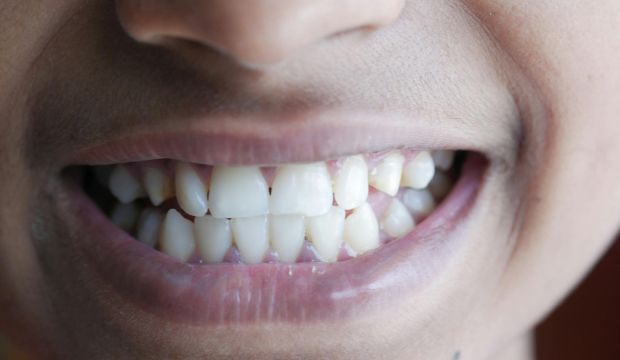
A beautiful smile isn’t just about straight teeth — it’s also about a balanced bite. When your upper and lower...
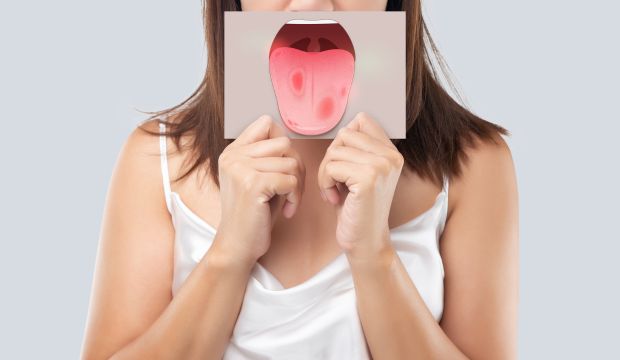
Brushing and flossing are often seen as routine tasks, but what happens if you skip them regularly? Bad oral hygiene...

When it comes to oral health, brushing twice a day and flossing regularly are non-negotiable. But did you know that...

Bad breath, also known as halitosis, is a common dental concern that affects millions of people worldwide. While it may...
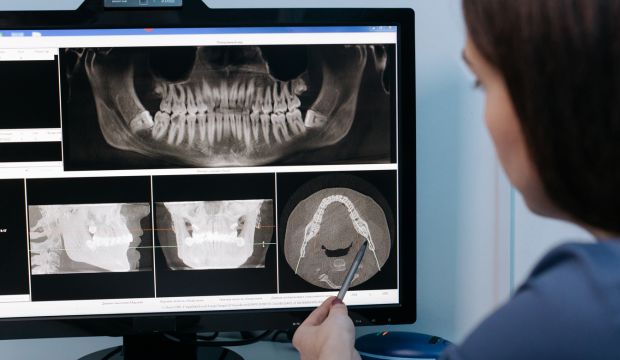
Dental Implants: Your Guide to Lasting Success Dental implants offer remarkable stability and enduring results, boasting success rates of 95–98%...
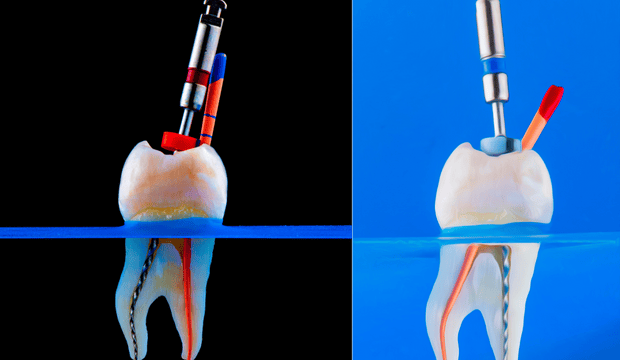
When people hear the word ‘root canal’, they usually get little nervous. For decades, root canal treatment has been surrounded...

Toothaches, sensitivity, or that little dark spot on your tooth—these are often the first signs of a cavity. Cavities, also...
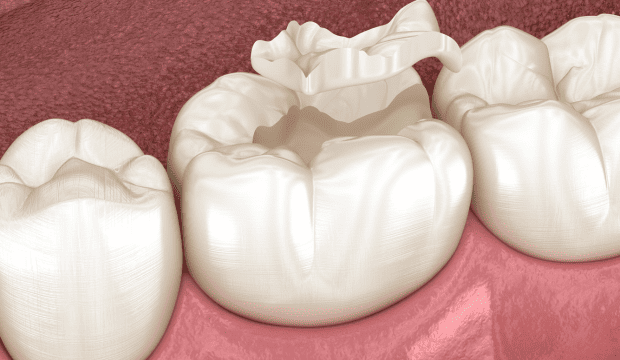
Imagine this: you brush twice a day, floss regularly, and even cut down on sugary snacks—but still, your dentist finds...
Quick Links
Services
Areas We Serve
Contact info
Open hours